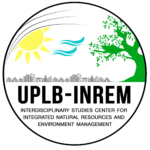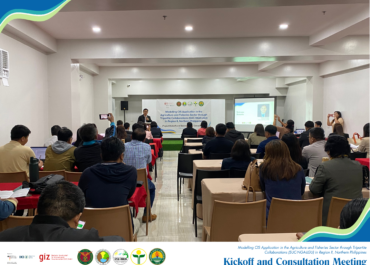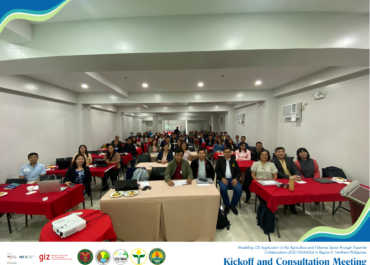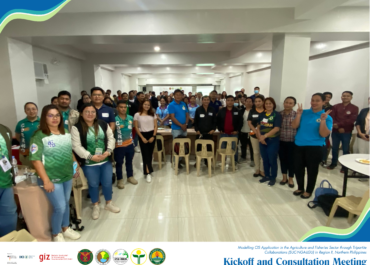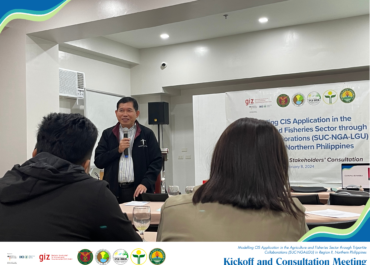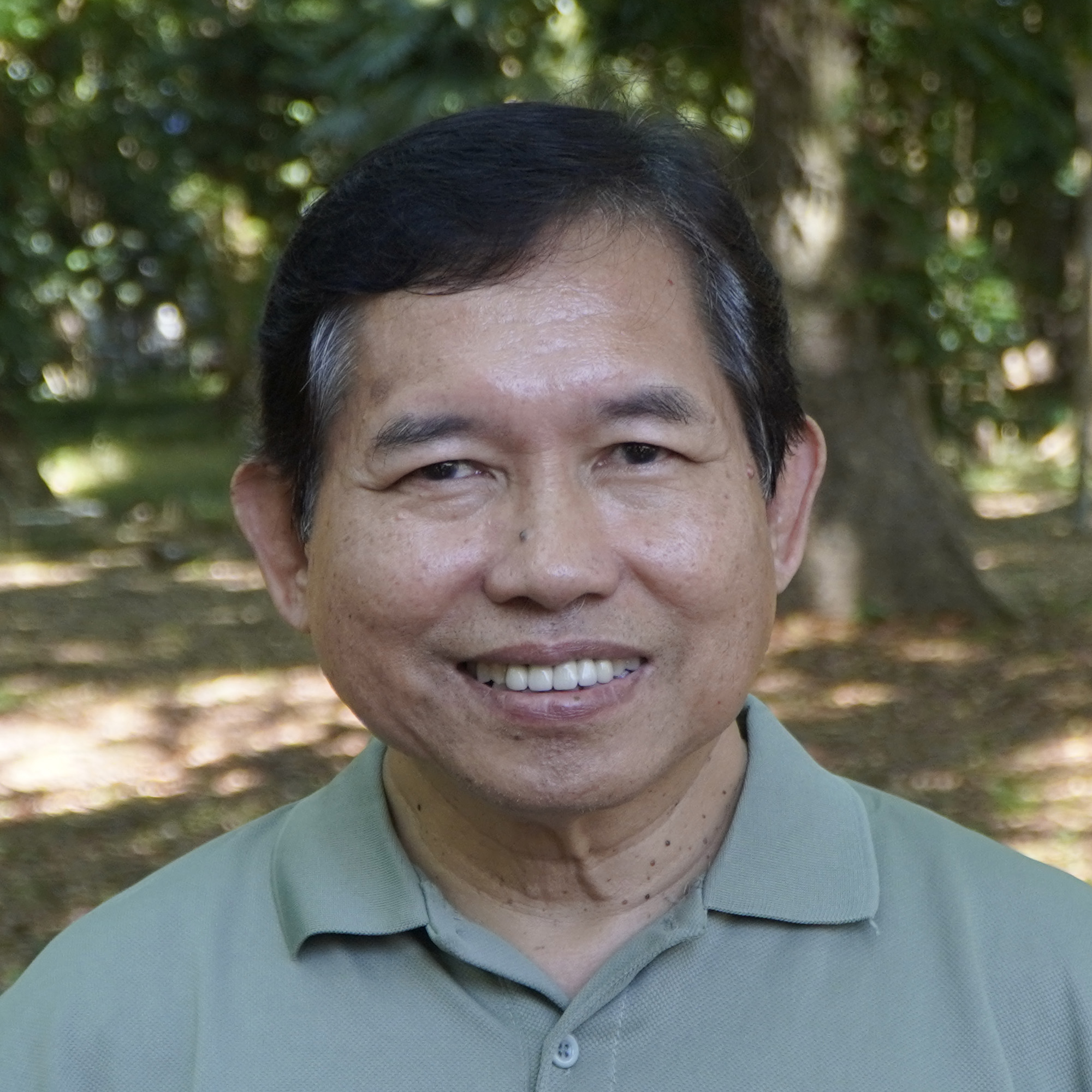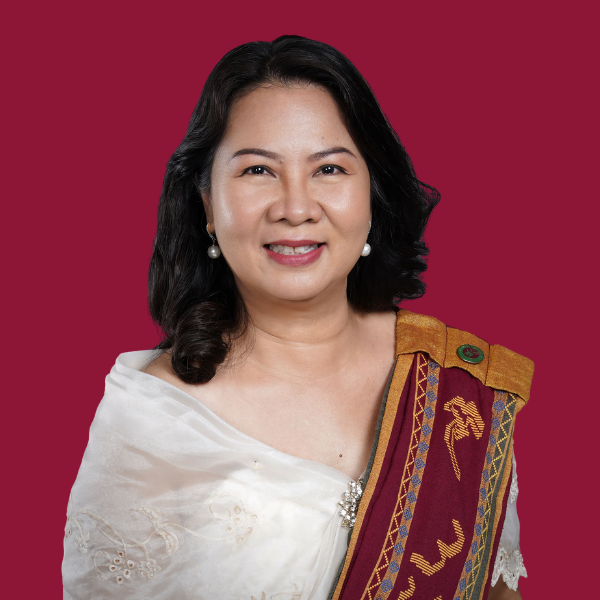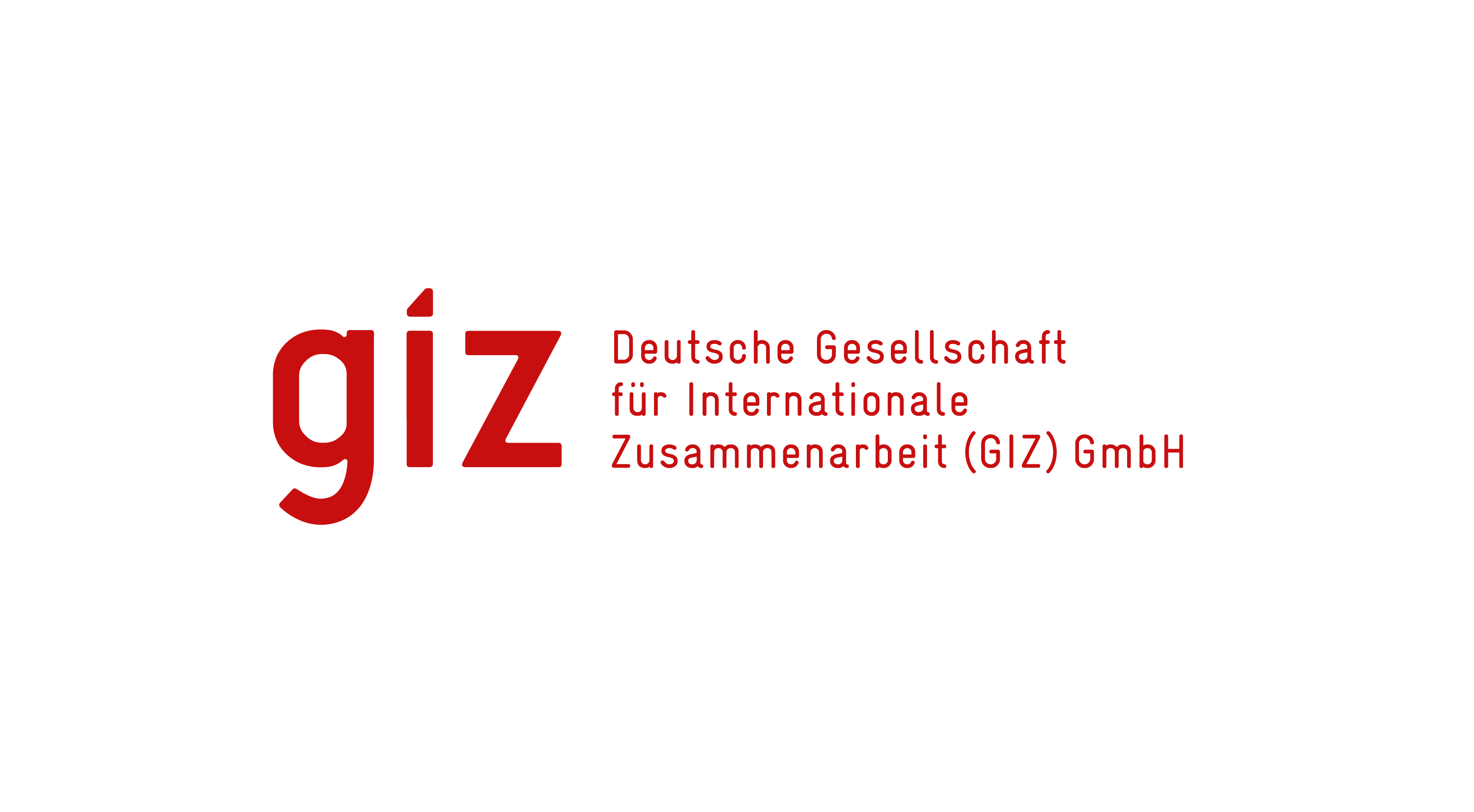Modelling CIS Application in the Agriculture and Fisheries Sector Through Tripartite Collaborations in Region II, Northern Philippines

Project Overview
Background and Rationale
The Philippines is listed as the fourth country most affected by extreme weather events (Eckstein et al., 2021). Climate change is a global phenomenon that is characterized by long-term and extreme changes in preexisting weather patterns. This spans into negative impacts on agriculture and fisheries, manifesting as reduced yield and productivity. This threatens not only the food security of the country but also community livelihoods in the agricultural and fisheries sectors (Mahato, 2015; Rosegrant et al., 2015). Another significant impact of climate change is that it affects the policies involved in the agricultural market, hence there have been urgent calls to reform policies that do not capacitate farmers to adapt to climate change (Ravago et al., 2015). In a study by (Dhaka, Chayal, & Poonia, 2010), farmers who are more experienced, more informed, and have been subject to extension services, are more likely to adapt to climate change.
To address the probability of leaving behind marginalized communities who are not as versed in adapting to climate change as well as to empower decision-makers with more precise knowledge in combating the impacts of climate change, Climate Information Services (CIS) has been found to be one of the solutions. Climate information services ensure an integrated network of knowledge among people which renders inclusivity and engages discourse, as well as calibrating the decision-making process to cater to different contexts (Machingura et al., 2018).
German Development Cooperation or Deutsche Gesellschaft für Internationale Zusammenarbeit (GIZ) leads the implementation of the project, “Towards a South-South Collaboration on Climate Information and Services (SSCIS)” which aims to advance expertise and capabilities in data management, encompassing the gathering, generating, and analyzing of climatic data as a fundamental component of climate action. Collaborating with the University of the Philippines Los Banos Foundation, Inc. (UPLB FI) through the UPLB Interdisciplinary Studies on Integrated Natural Resources Management (UPLB-INREM), the project has led to a sub-component project, “Modelling CIS Application in the Agriculture and Fisheries Sector Through Tripartite Collaborations in Region II, Northern Philippines” wherein the primary objective is to model a framework that will enhance tripartite capacities to develop the resilience of farming and fishing communities.
Objectives
- To provide simplified science and research-based information for policymakers and Local Government Units on the effects of climate change
- To expand stakeholders’ views towards the impacts of future climate on agriculture and fisheries
- To enhance the capacities of selected national and regional agencies, state universities and colleges, research institutions, and other key players as providers and users of CIS to contribute towards a Community of Practice in CIS.
Target Beneficiaries
The project is envisioned to benefit the agricultural and fisheries sector in Region II by developing a COP that could effectively use the CIS in tactical and strategic decision-making, thereby leading to more resilient agricultural and fisheries practices.
Specifically, it would benefit all the agencies and groups involved through individual and organizational capacity building; the identified champion LGUs in terms of improved local development plan; the sub-regional competence center (i.e., the ISU) in terms of capacity development and strengthened extension program; and the final users of the CIS particularly the local farmers and fisher folks in terms of more informed decision-making at the farm/household level. It will also benefit researchers, academics, and students involved in the project as well as national agencies like CCC and DA in terms of additional knowledge and recommendations towards building a climate-resilient agricultural sector through a more responsive CIS.
Project Activities
- Capacity Needs Assessment of UPLB-INREM, ISU, LGUs, and NGAs
- Capacity Development of UPLB-INREM, ISU, LGUs, and NGAs
- Establishment of an SUC-based Competence Center
- Development of a Sustainability Plan
